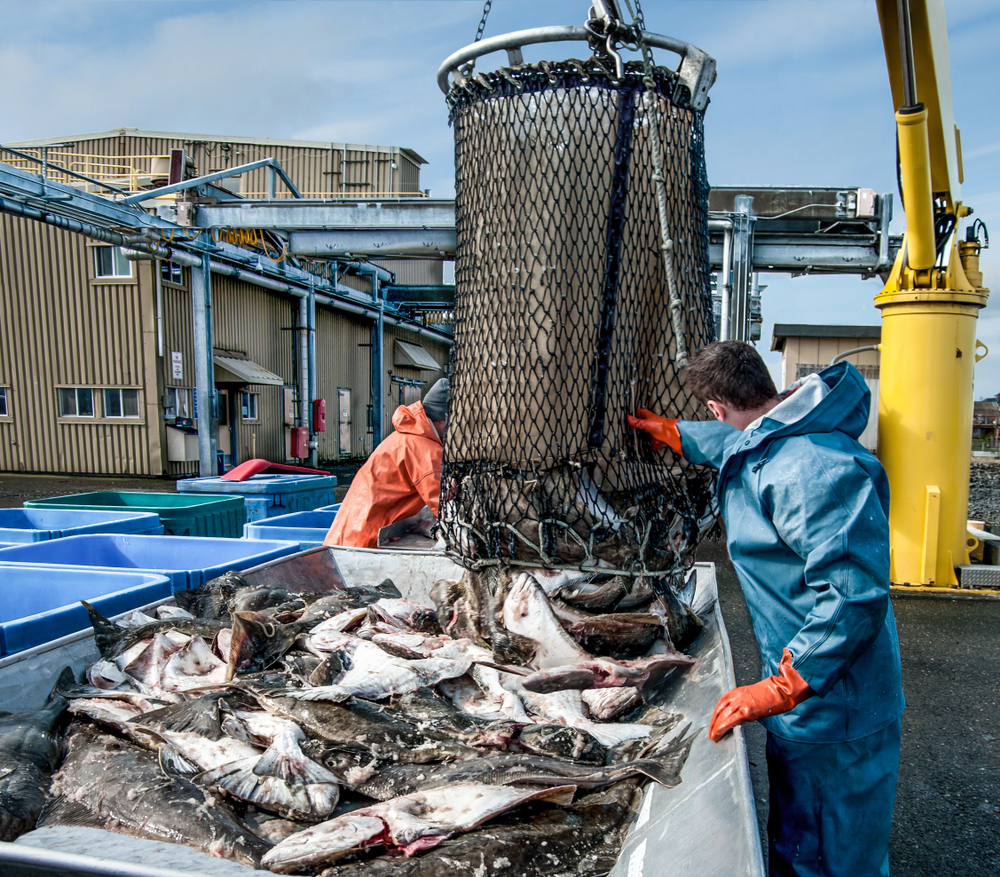
New research shows that 50 percent of marine accidents involve commercial fishing boats. According to the Centers for Disease Control and Prevention (CDC), the accident rate is 29 times higher than the average in any other industry. What does this research mean for marine safety on fishing boats?
According to the CDC, commercial fishing is one of the most hazardous occupations in the United States. Some hazards are due to the nature of the job and working conditions. Other hazards can be prevented if employers and fishermen take proper precautions and follow safety guidelines.
Research Studies Marine Accidents and Fishing Safety
Since 1991, the National Institute for Occupational Safety and Health (NIOSH) has studied fishing safety and marine accidents. The Western States Division (WSD) office in Alaska continues research that aims to reduce commercial fishing injuries and fatalities. According to research, the majority of commercial fishing incidents occur in:
- The Gulf of Mexico
- The Bering Sea
- New England waters
The most common types of accident among commercial fishing vessels are:
- Collisions
- Engine room fires
- Capsizing
- Grounding
- Falls overboard
- Machinery incidents
While not every marine accident or incident at sea can be predicted, there are safety steps and targeted interventions that commercial fishermen can take to reduce the risk of injuries or fatalities.
Recommendations to Prevent Marine Accidents on Commercial Fishing Boats
NIOSH and the CDC have recommendations for fishermen and vessel owners or operators for improving marine safety on commercial fishing boats. Those recommendations include:
For Fishermen:
- Take marine safety classes at least every five years.
- Find a personal flotation device (PFD) that is comfortable and wear it any time you are on deck.
- Conduct monthly drills with crew members on fire, flooding, man overboard and abandon ship procedures.
- Review weather forecasts and heed warnings of severe sea conditions.
- Inspect and monitor the hull of the ship to ensure water tightness and hull integrity.
- Routinely test immersion suits to ensure proper working order.
- Install and use an alarm for man overboard incidents.
For Owners and Operators:
- Create and enforce a PFD policy for crew members on deck.
- Conduct monthly drills and enforce attendance policies.
- Install and maintain alarm systems for man overboard and overboard retrieval.
- Install emergency stop devices on all hydraulic machinery on deck.
- Enforce mandatory marine safety training classes at least every five years.
Vessel owners and operators have a duty to properly maintain and manage the ship and crew. Fishermen and crew onboard commercial fishing boats also have a duty to make sure they follow guidelines and policies. Ultimately, reducing marine accidents and injuries is an effort that requires the attention of everyone involved in commercial fishing.
Who is Liable for Commercial Fishing Accidents?
While everyone has a responsibility to know and follow safety procedures, liability for commercial fishing accidents ultimately falls on the owner, operator or supervisor. Vessel owners and operators are required to maintain a vessel that is safe and seaworthy. Failing to do so may constitute negligence.
If a vessel owner or operator is negligent, an injured fisherman may have grounds to file a lawsuit and pursue compensation for their injuries and losses. Examples of negligence include:
- Lack of adequate safety training for crew members
- Failing to perform routine maintenance inspections and repairs
- Failing to repair or replace malfunctioning or defective equipment
- Failure to provide proper personal protective equipment (PPE) for crew members
- Failing to place warning signs in hazardous areas
- Lack of no-skid surfaces on decks
- Staffing a vessel that is not seaworthy
Accidents and injuries that are due to the recklessness of the crew member are not negligence. For example, a crew member who is intoxicated and falls down stairs cannot sue his employer for negligence.
Getting Help after a Marine Accident
If you work in the maritime industry and have been injured while onboard a seaworthy vessel, you may be entitled to compensation. Maritime workers do not have the same type of workers’ compensation benefits that land-based occupations have. Instead, maritime workers are covered by the Jones Act – a set of laws offering maintenance and cure benefits for workers injured in marine accidents.
If you have an injury and need helping finding out what benefits you qualify for, contact Maritime Injury Guide. Our legal team will carefully review your case and determine your best options to get the benefits and compensation that you deserve. Schedule a free injury consultation by completing our online form, or call us toll free at 1-866-871-8422.
Sources: